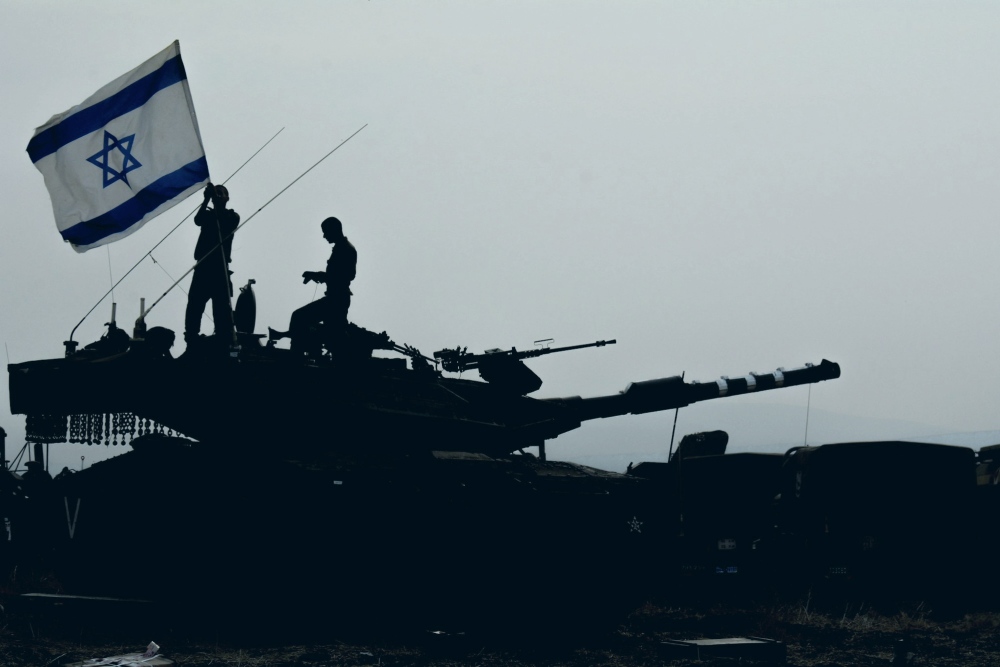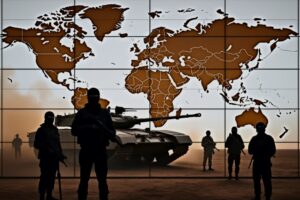
Israel’s leadership is grappling with a critical strategic decision as multiple military fronts demand attention. Faced with a wide array of conflicts and threats across the region, top officials are holding discussions to decide on military priorities for 2025, Ynet reports.
Israel’s high-stakes security agenda including the ongoing war in Gaza, the emerging Turkish threat in Syria, Hezbollah’s rebuilding efforts in Lebanon, missile attacks from Yemen, and a predominant Iranian threat. The outcome of high-level discussions will shape Israel’s defense posture and regional dynamics for months to come.
The war in Gaza, now well into its second year, remains a focal point of Israel’s military efforts. The government must decide whether to escalate the fighting into full-scale war, thereby overshadowing most other concerns. Another option is to seek an exit from the conflict so resources can be shifted to other, possibly more pressing fronts.
For now, the situation shows no immediate signs of resolution. The IDF continues to target Hamas with airstrikes and take over small areas in Gaza, but isn’t launching more decisive, large-scale maneuvers.
Meanwhile, a new concern has emerged in Syria, where Turkey’s growing military presence and influence are raising alarms. While the threat is not immediate, it could pose severe strategic challenges for Israel. [here’s a detailed report on a potential Israeli-Turkish clash in Syria]
According to a recent report, Turkey is in advanced talks to take control of some Syrian territory, which could serve as a launchpad for further military expansion toward the Israeli border. This could quickly become a top priority issue for Jerusalem given the stakes involved.
Eyes on Iran axis
In Lebanon, Hezbollah is quietly regrouping after recent setbacks. Despite suffering hard blows and losing most of its leaders, some stockpiles of strategic weapons remain intact. The organization could ultimately reemerge as a formidable threat right on Israel’s doorstep.
At the same time, the Iran-backed Houthi militia in Yemen resumed missile attacks aimed at disrupting air traffic to Israel. These attacks, though often intercepted, could harm significant Israeli economic interests. It remains to be seen if intensive US military action in Yemen will eventually neutralize this threat.
Iran itself remains the overarching concern for Israeli strategists. Tehran’s nuclear ambitions and support for proxy groups across the Middle East continue to pose a serious, potentially existential, threat. If Israel decides to attack Tehran’s nuclear project in 2025, this will far outweigh any other strategic concerns.
In sum, the complexity of these overlapping fronts has forced Israel’s leadership into a high-stakes balancing act, weighing immediate security needs against long-term strategic goals. With resources finite and facing an unpredictable future, difficult decisions must be made.
For now, the question remains: Which front poses the greatest danger, and how will Israel respond?


